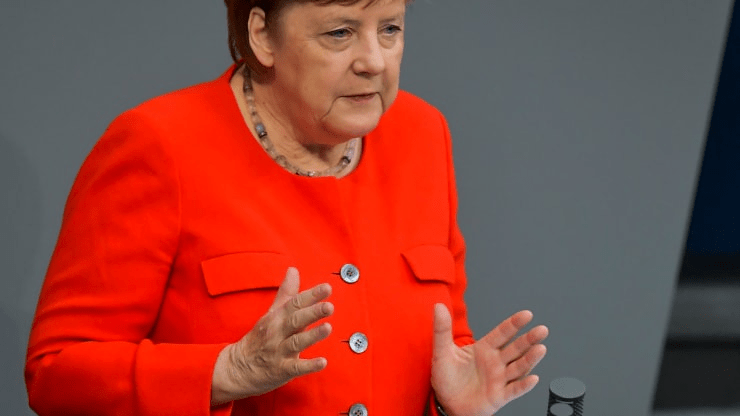The 27 European governments are negotiating for the first time Friday a proposal for 750 billion euros ($841 billion) to tackle the Covid-19 crisis. However, the new stimulus plan has sparked division among EU countries and it is unclear when they will manage to bridge their differences. “It is a necessary step,” a Brussels-based European official, who didn’t want to be named due to the sensitivity of the talks, told CNBC Thursday about the first negotiation among the leaders.

Expectations are that Friday’s video call won’t lead to an agreement and at least one other summit – most likely through face-to-face meetings – will be needed before new fiscal stimulus is approved. The region is grappling with one of the most severe economic crises in post-war time. The European Commission, the executive arm of the EU, estimated in May a contraction of 7.4% in gross domestic product in 2020. However, the forecasts are dependent on how the health crisis evolves and on whether European economies will manage to reopen fully in the coming months.
European leaders haven’t met in person since February due to the coronavirus crisis and different technocrats have argued that video meetings are more difficult to negotiate figures and redraft documents. Hence, a face-to-face summit in Brussels would be an important step to greenlight new fiscal stimulus. The 27 countries have differences over how much they should borrow from capital markets, with some nations arguing 750 billion euros is too much. There’s also division over how that money should be distributed and in which form.
Austria, the Netherlands, Sweden and Denmark have been the most vocal opponents to raising such unprecedented amount from public markets and to distribute that money mostly in the form of grants. In a joint article published in the Financial Times, the heads of state of the four nations, said this week: “There is no such thing as new or fresh money. Money spent will also have to be earned and paid back — by taxpayers.” In addition, there are other hurdles to overcome, such as what conditions should be attached to the new funds and how European countries will repay for the new debt.
European leaders kick off negotiations over a massive fiscal stimulus plan, CNBC, Jun 19